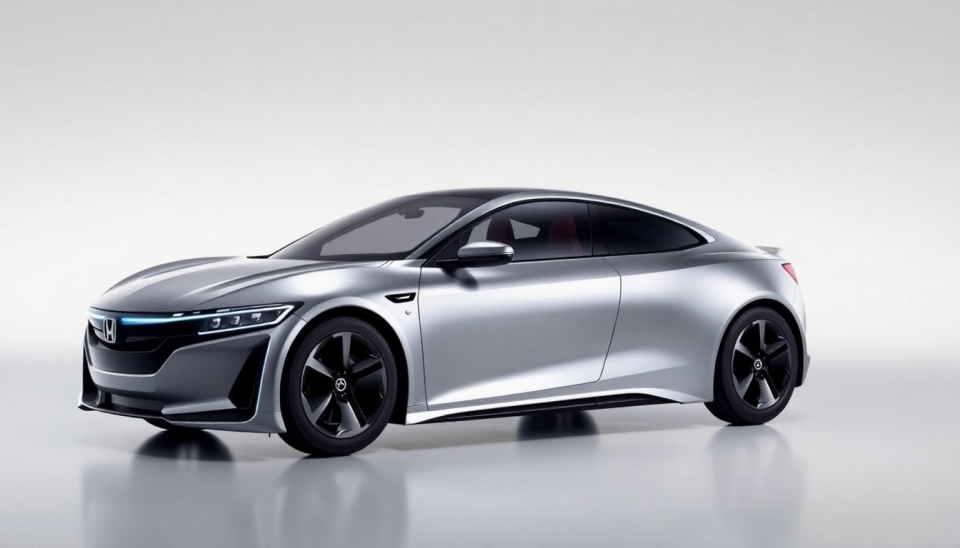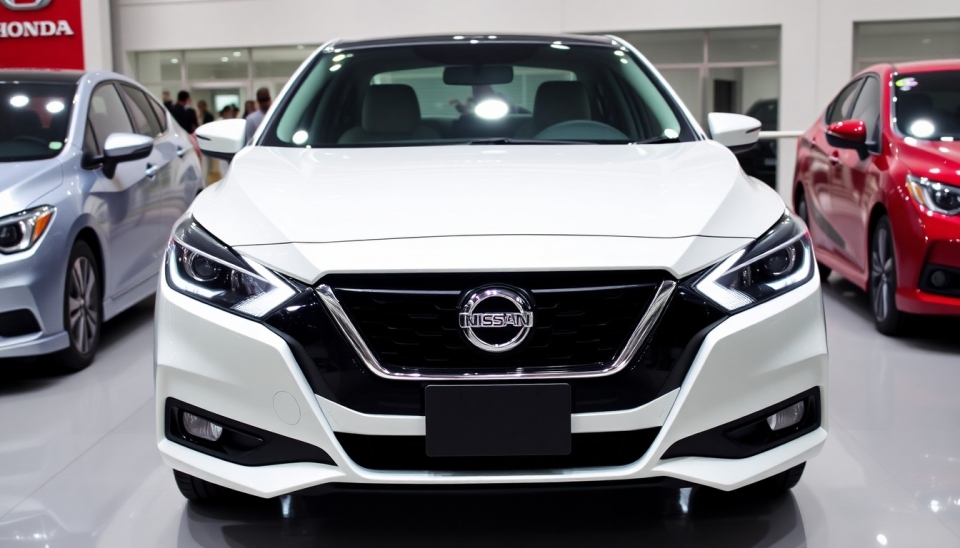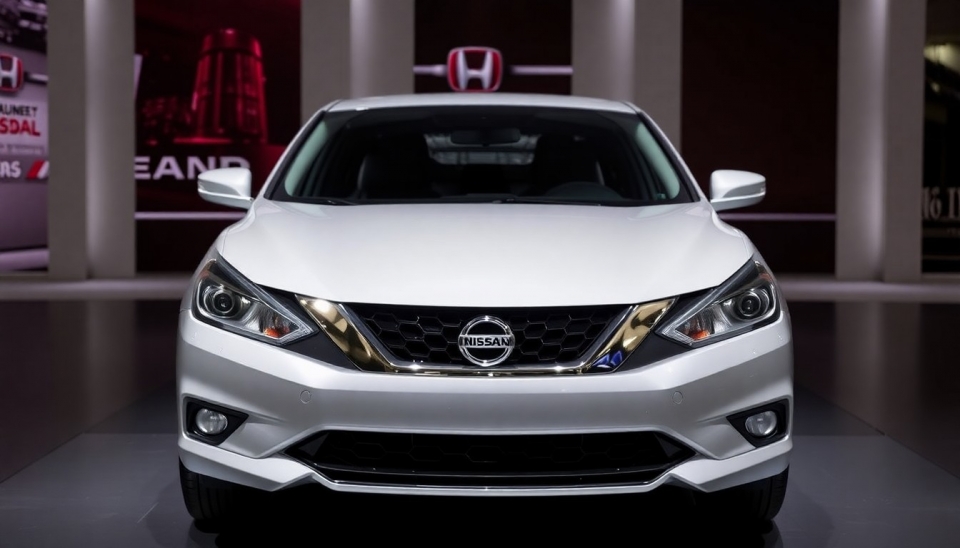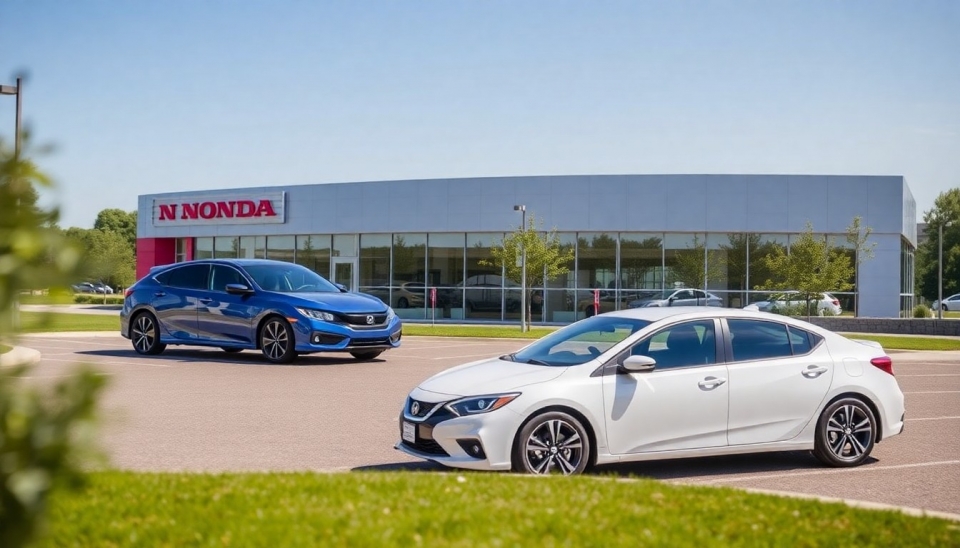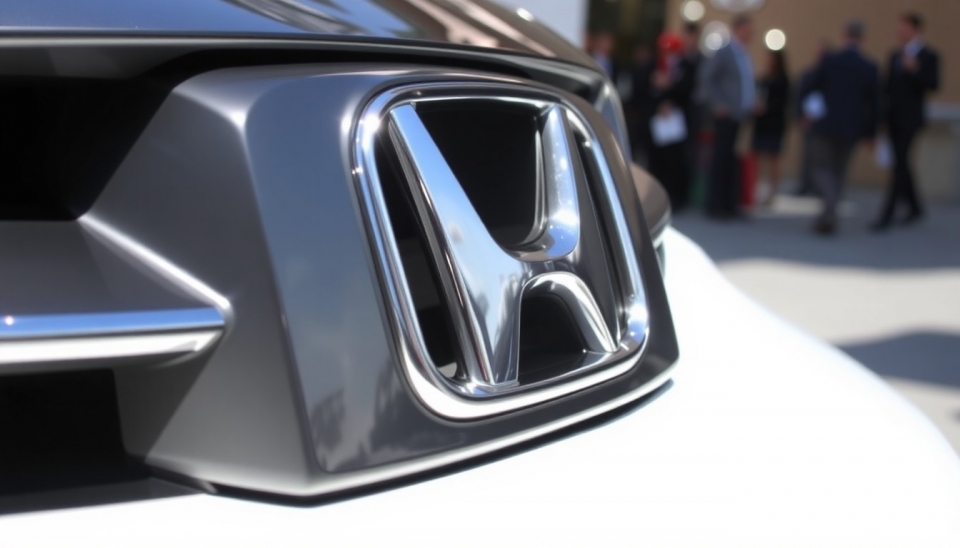
In a surprising turn of events, Honda Motor Co. and Nissan Motor Co. have decided to halt discussions regarding a potential merger. This decision comes after months of negotiations, as the two automotive giants sought to explore the possibility of combining their operations amidst a rapidly evolving automotive market.
Both companies have acknowledged the challenges posed by shifting consumer preferences and increasing competition in the electric vehicle (EV) sector, which prompted them to consider a partnership that could enhance their competitiveness. However, rather than moving forward with a merger, Honda and Nissan have pledged to strengthen their collaboration in certain areas moving forward.
Insiders revealed that the discussions were fraught with complexities, centering around corporate governance, market strategies, and the balancing of interests between the two firms. Sources indicated that while the idea of a merger presented appealing synergies, fundamental differences in corporate culture and operational priorities created significant hurdles.
As both automakers navigate the challenges posed by technological advancements and regulatory pressures, they have emphasized the importance of maintaining independence while leveraging joint initiatives. Honda and Nissan are now expected to focus on areas such as shared research and development, supply chain efficiencies, and technology exchange, particularly in electric and hybrid vehicles.
The decision to discontinue merger talks has been met with mixed reactions from industry analysts. Some experts believe that the collaboration agreements may provide a viable pathway for both automakers to innovate and stay competitive. Others note that the lack of a merger may limit their ability to respond rapidly to market changes, especially as global competitors ramp up their investments in electric mobility.
This move coincides with a broader trend within the automotive industry, as traditional manufacturers are grappling with the transition to electrification and the integration of advanced technologies such as autonomous driving. Analysts suggest that strategic alliances will become increasingly important as companies seek to pool resources and share risks during this transformative era.
Looking ahead, Honda and Nissan are expected to unveil specific cooperative projects that could enhance their ability to respond to market demands. This includes efforts to innovate their product lines and reduce production costs, ultimately benefiting consumers seeking affordable and advanced automotive solutions.
While the merger may be off the table for now, the continued collaboration between Honda and Nissan could pave the way for innovative breakthroughs that keep both brands relevant in an increasingly competitive landscape. As the automotive market evolves, many eyes will be on these manufacturers to see how they leverage their partnership to meet consumer needs in the future.
In conclusion, while the dream of a combined Honda and Nissan is no longer in play, their renewed dedication to collaboration suggests a strategy focused on shared growth amidst a sector undergoing significant transformation.
#Honda #Nissan #AutomotiveIndustry #ElectricVehicles #StrategicPartnerships #MergersAndAcquisitions #Innovation #Collaboration
Author: Liam Carter
